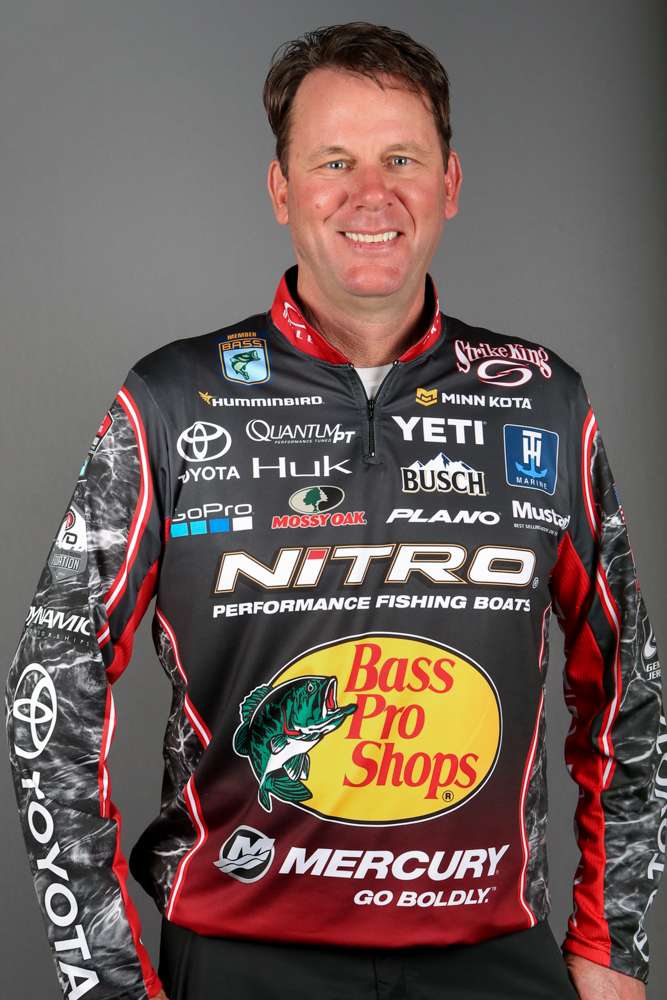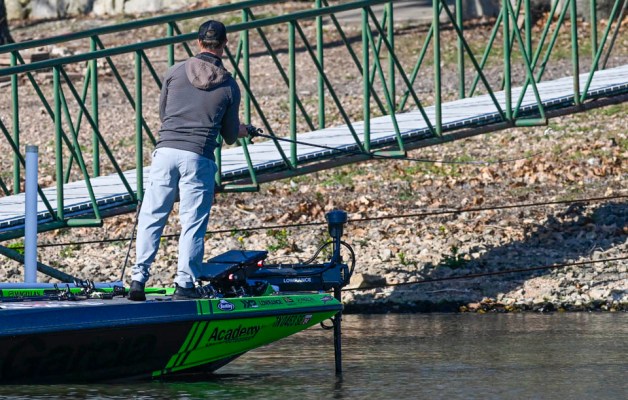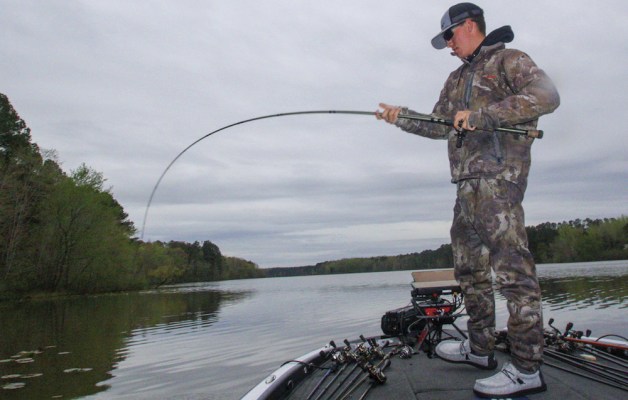
You've planned a vacation to a body of water you don't know well.
Where do you begin?
Going to a large, unfamiliar lake can be intimidating, but my system will help you figure out a lake in a short period of time.
Here's how.
Do homework: Avoid talking to bait shops or guides where the information may not be as reliable as what you get on your own. You can inquire about lake conditions, water clarity, type of habitat and structure, but avoid talk of hot baits and specific locations. Learn the general seasonal patterns for that type of water and the time of year, but keep a clear mind about where and how to fish.
Do map study: Get a current map or load that region's Navionics mapping chip in your boat GPS. With a basic idea of the seasonal patterns, you can eliminate a lot of water ahead of time and focus on sections of the lake that fit that pattern.
Watch the weather: Study weather patterns before you arrive and those that may be coming while you are there. That will clue you in on the type of bite you can expect or if fishing conditions will likely change.
For example, if high winds are forecast, scout those lake sections that fit the seasonal pattern and offer protection so you can fish efficiently.
Fish your style: Don't try to learn new techniques on unfamiliar waters. Utilize your existing skills and confidence in specific techniques. Pick areas of the lake that fit your style.
Don't try to catch every fish: When scouting an area, focus on learning what the majority of fish are doing at that time. There may be multiple patterns, but I've found that 75 percent of the fish in an area relate to the same type of cover or structure. If you fish 10 docks and get two bites on docks that are on points and they came on back corners, fish only docks on points and ignore the outside poles.
Analyze the bites: Every miss, follow or hooked fish provides critical information. Note how you were working the lure, where the fish came from and how he bit it. Those tidbits will help refine your presentation and increase your success.
Don't waste time: Never spend more than 10 minutes on one spot with one technique unless you get favorable results. If the spot looks good and meets the criteria to hold fish, experiment some. The biggest mistake anglers make is spending too much time in an area where they don't get bites.
If I work an area with power baits without a strike but see indications of aquatic life and potential, I'll go back through it with slower presentations to appeal to less aggressive fish.
Trust your abilities: Focus harder on the information before you. Bass offer clues on how to catch them. Relying on outside influences and help will only confuse you and could lead you astray.





